- A. Philip Randolph
- Abayomi Azikiwe
- Adam Sanchez
- Akashi Kaul
- Alabama
- Alana D. Murray
- Allison Acosta
- Allyson Criner Brown
- Amelia Boynton
- Amzie Moore
- Andrea Guiden Pittman
- Andrea McEvoy Spero
- Annie Devine
- Arkansas
- Art
- ASALH
- Audi Cornish
- Bayard Rustin
- Bernice Johnson Reagon
- Bill Bigelow
- Bill Fletcher Jr.
- Black Lives Matter
- Black Panther Party
- Black Power
- Bob Moses
- Book
- Books
- Brenda Randolph
- Brown v. Board of Education
- C.T. Vivian
- California Newsreel
- Carmen Gómez García
- Charles Cobb Jr.
- Charles E. Cobb Jr.
- Charles M. Sherrod
- Charles Payne
- Chris Hoeh
- Chris Seeger
- Civil Rights Act
- Claudette Colvin
- Claudio Saunt
- Clyde Kennard
- Colia Liddell Lafayette Clark
- colleen bell
- CORE
- Coretta Scott King
- Courtland Cox
- Craig Gordon
- Cristina Tosto
- CRMVet.org
- Daniel Perlstein
- Dave Zirin
- David Busch
- David Hill
- David Levine
- Dawn Keene
- DC
- Deborah Menkart
- Derrick Alridge
- Desegregation
- Dick Cluster
- Digital Collection
- Dorie Ladner
- Dr. Gordon Nembhard
- E.W. Steptoe
- Education
- Elementary
- Elizabeth A. Davis
- Ella Baker
- Eloise Greenfield
- Emilye Crosby
- Emmett Till
- Erika Landberg
- Eva Sperlng Cockcroft
- Eyes on the Prize
- Fannie Lou Hamer
- Fayette Colon
- FBI
- Federation of Southern Cooperatives and Land Assistance Fund
- Film
- Florida
- Freedom Schools
- Freedom Summer
- Gary Convention
- Georgia
- Grace Lee Boggs
- Hardy Thames
- Hasan Jeffries
- Herbert Kohl
- Herbert Lee
- Highlander
- Holly Barnet-Sanchez
- Holly Jansen
- Hope Martin
- Image
- Interactive Map
- Introduction
- James Boggs
- James Loewen
- James Meredith
- James Smethurst
- Janine Gomez
- Jeanne Theoharis
- Jenice L. View
- Jennifer Gallagher
- Jesse Hagopian
- Jessica Gordon Nembhard
- Jo Ann Robinson
- John H. Bracey Jr.
- John Hulett
- John Lewis
- Josh Healey
- Josh Ozersky
- Joyce Ladner
- Judy Richardson
- Julian Bond
- Julian Hipkins III
- Katie Kissinger
- Katie Lyman
- Katy Swalwell
- Kentucky
- Kimberly Spotts
- KKK
- Kwame Touré
- Labor
- Land
- Larry Miller
- Laurel R. Singleton
- Leah Douglas
- Lesson
- Linda Christensen
- Louis Allen
- Louise Bock
- Louisiana
- Luis Torres
- Lynda Tredway
- Maestra Productions
- Maggie Nolan Donovan
- Malcolm X
- Mamie Till
- March on Washington
- Maria Fleming
- Martin Luther King Jr.
- Matt Herron
- Medgar Evers
- MFDP
- Military
- Mira Luna
- Mississippi
- Montgomery Bus Boycott
- NAACP
- New York
- Nicolás Guillén
- Nonviolence
- Norm Diamond
- North Carolina
- Oral History
- Patty Bode
- Paula Young Shelton
- Pauli Murray
- Podcast
- Poetry
- Police
- Poor People's Campaign
- Prathia Hall
- Primary Document
- Prisons
- Quiz
- Randi Douglas
- Reading
- Redlining
- Resource Center of the Americas
- Richard Rothstein
- Rita Dove
- Robert P. Moses
- Rosa Parks
- Sam B. Hilliard
- SCLC
- SCOTUS
- Self-Defense
- Selma
- Septima P. Clark
- Sheyann Webb
- Sit-Ins
- SNCC
- SNCC Digital Gateway
- Sonia Sanchez
- Sports
- Stephanie Schmidt
- Stokely Carmichael
- Student Nonviolent Coordinating Committee
- Susan Guengerich
- Susan Nail
- Susan Oppenheim
- T. G. Lewis
- Ta-Nehisi Coates
- Teaching Idea
- Teaching Reflection
- Tennessee
- Texas
- Tiferet Ani
- Timeline
- Timothy Jenkins
- Transportation
- U.S. Foreign Policy
- Ursula Wolfe-Rocca
- Vanessa Williams
- Vann R. Newkirk II
- Vernon Dahmer
- Veterans
- Video
- Vietnam War
- Vincent Harding
- Vincent Intondi
- Virginia
- Voting Rights
- Voting Rights Act
- Wayne Au
- William P. Jones
- Yohuru R. Williams
- Zinn Education Project
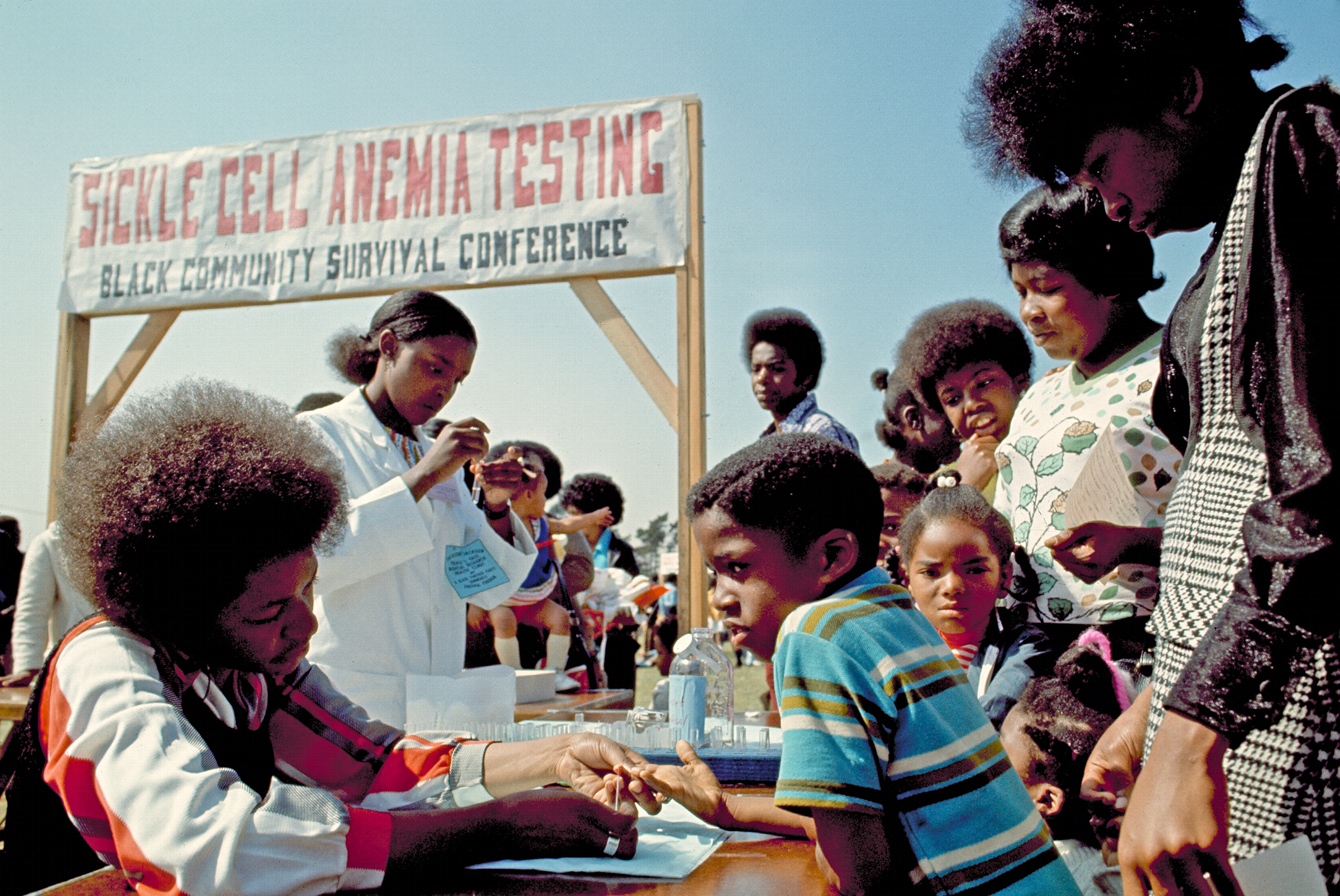
What We Want, What We Believe: Teaching with the Black Panthers’ Ten Point Program
Lesson by Wayne Au
Students read the Black Panther Party's 1972 Ten Point Program to understand the conditions the Panthers were attempting to identify and deal with, then analyze their world today and write their own Ten Point Program for social issues they would like to address.
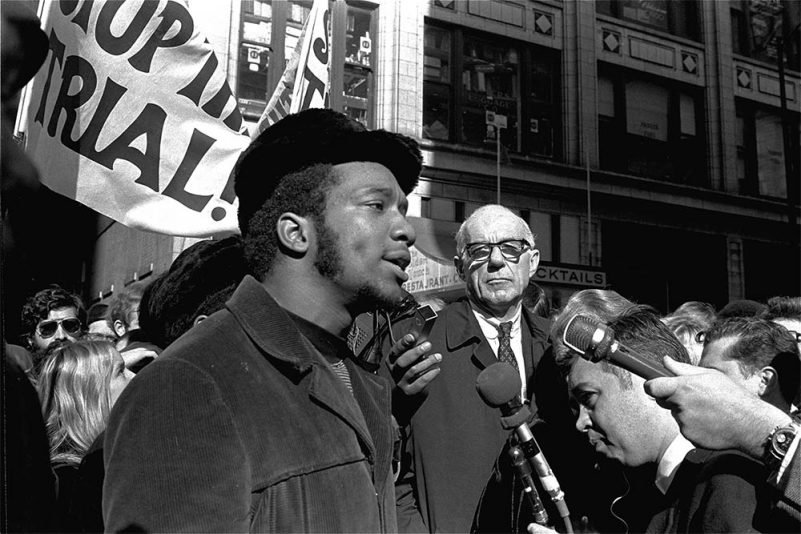
COINTELPRO: Teaching the FBI’s War on the Black Freedom Movement
Lesson by Ursula Wolfe-Rocca
Through examining FBI documents, students learn the scope of the FBI’s COINTELPRO campaign to spy on, infiltrate, discredit, and disrupt all corners of the Black Freedom Movement.
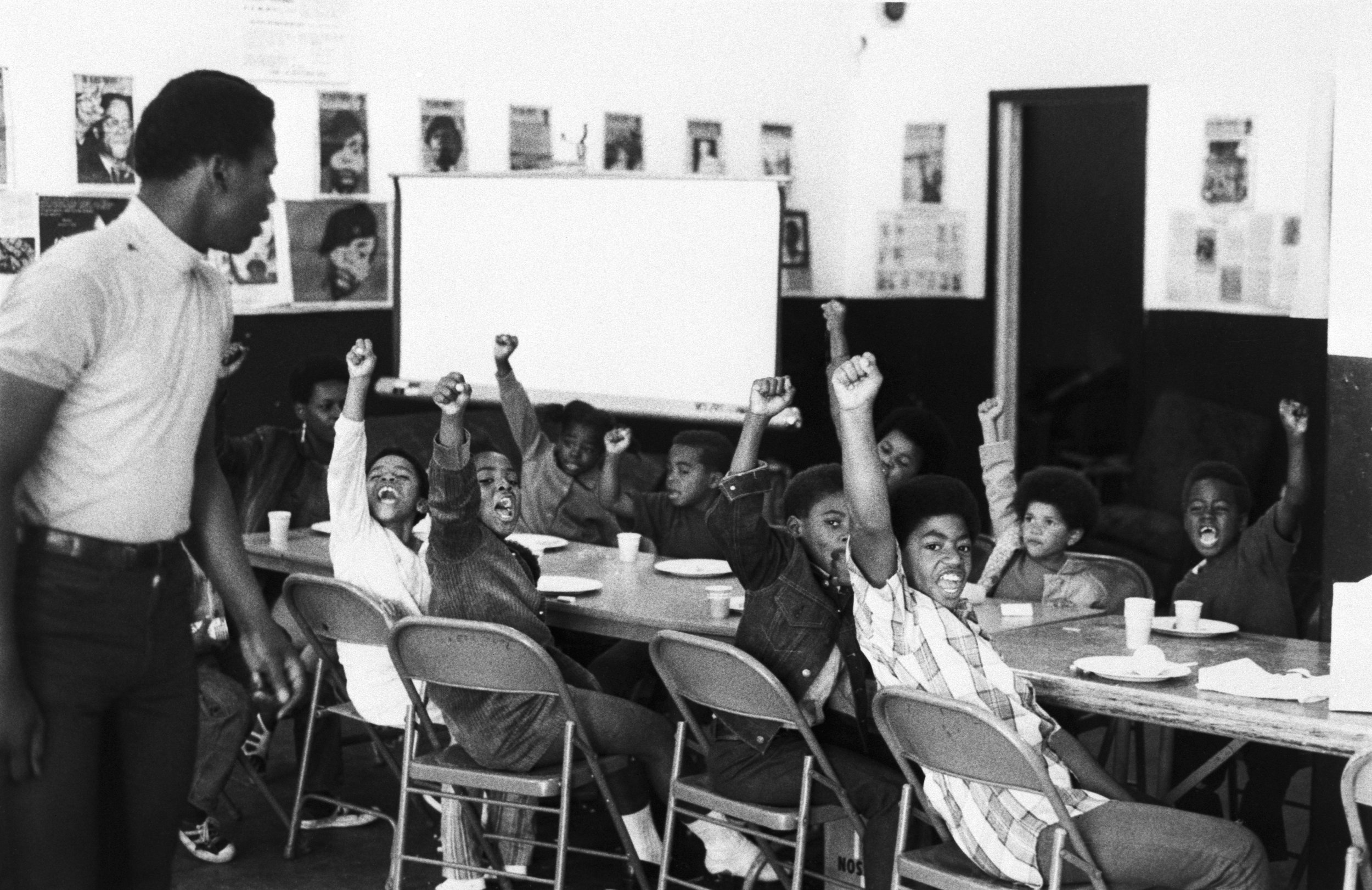
What We Don’t Learn About the Black Panther Party — But Should
Lesson by Adam Sanchez and Jesse Hagopian
A mixer lesson introduces students to the pivotal history of the Black Panthers.
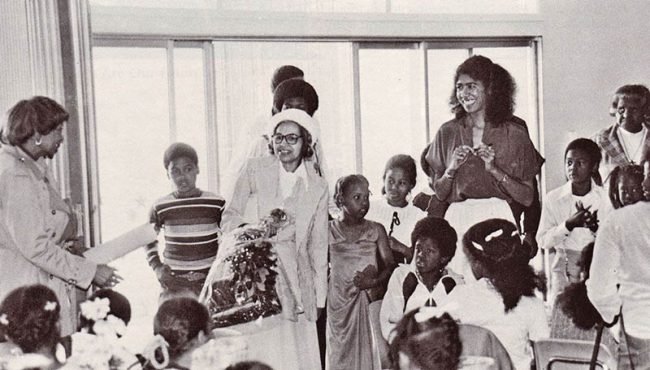
The Rebellious Lives of Mrs. Rosa Parks
Lesson by Bill Bigelow
In this mixer lesson, students learn about Rosa Parks' many decades of activism by taking on roles from various times in her life. In this way, students learn about her radicalism before, during, and long after the Montgomery Bus Boycott.
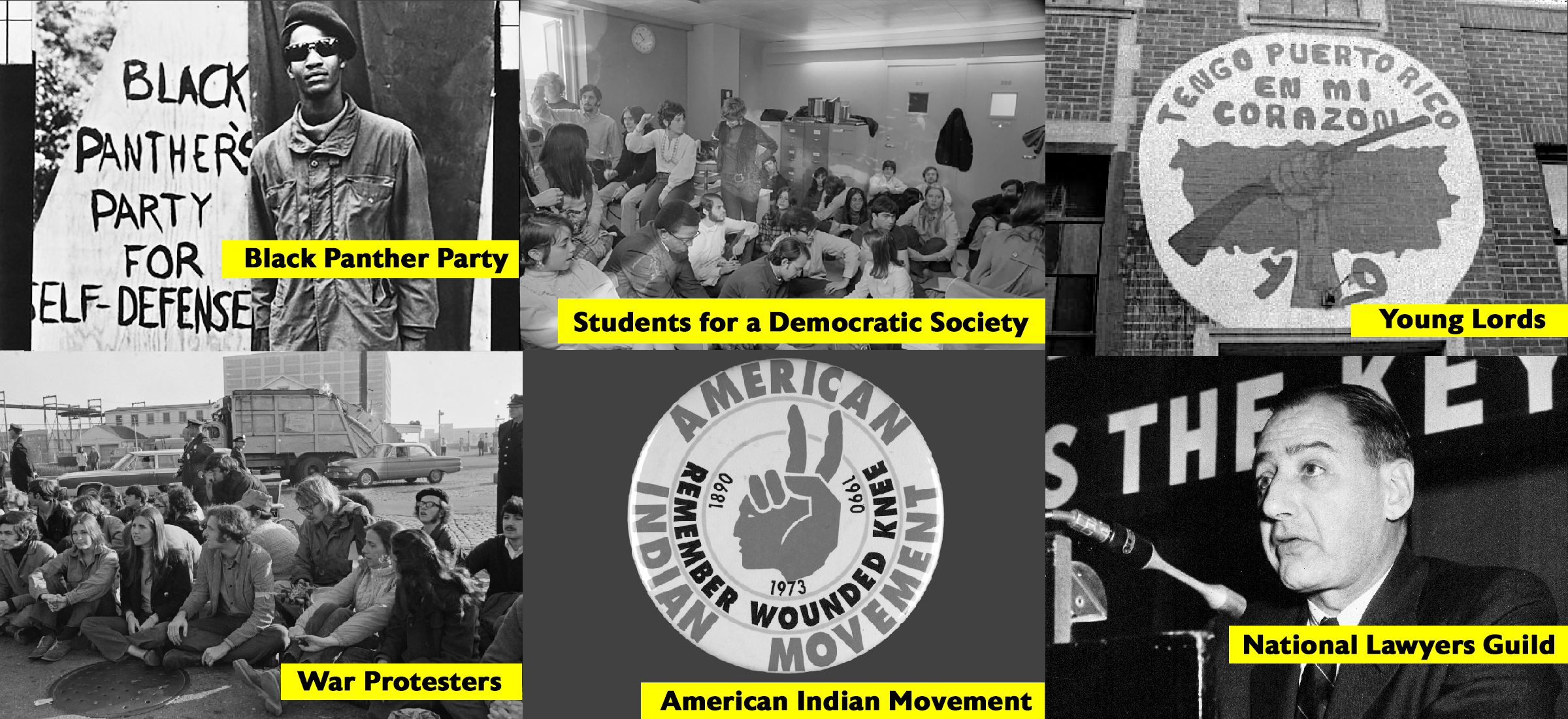
Why We Should Teach About the FBI’s War on the Civil Rights Movement
Reading by Ursula Wolfe-Rocca
Though COINTELPRO offers teachers a trove of opportunities to illustrate key concepts, including the rule of law, civil liberties, social protest, and due process, it is completely absent from most mainstream textbooks.
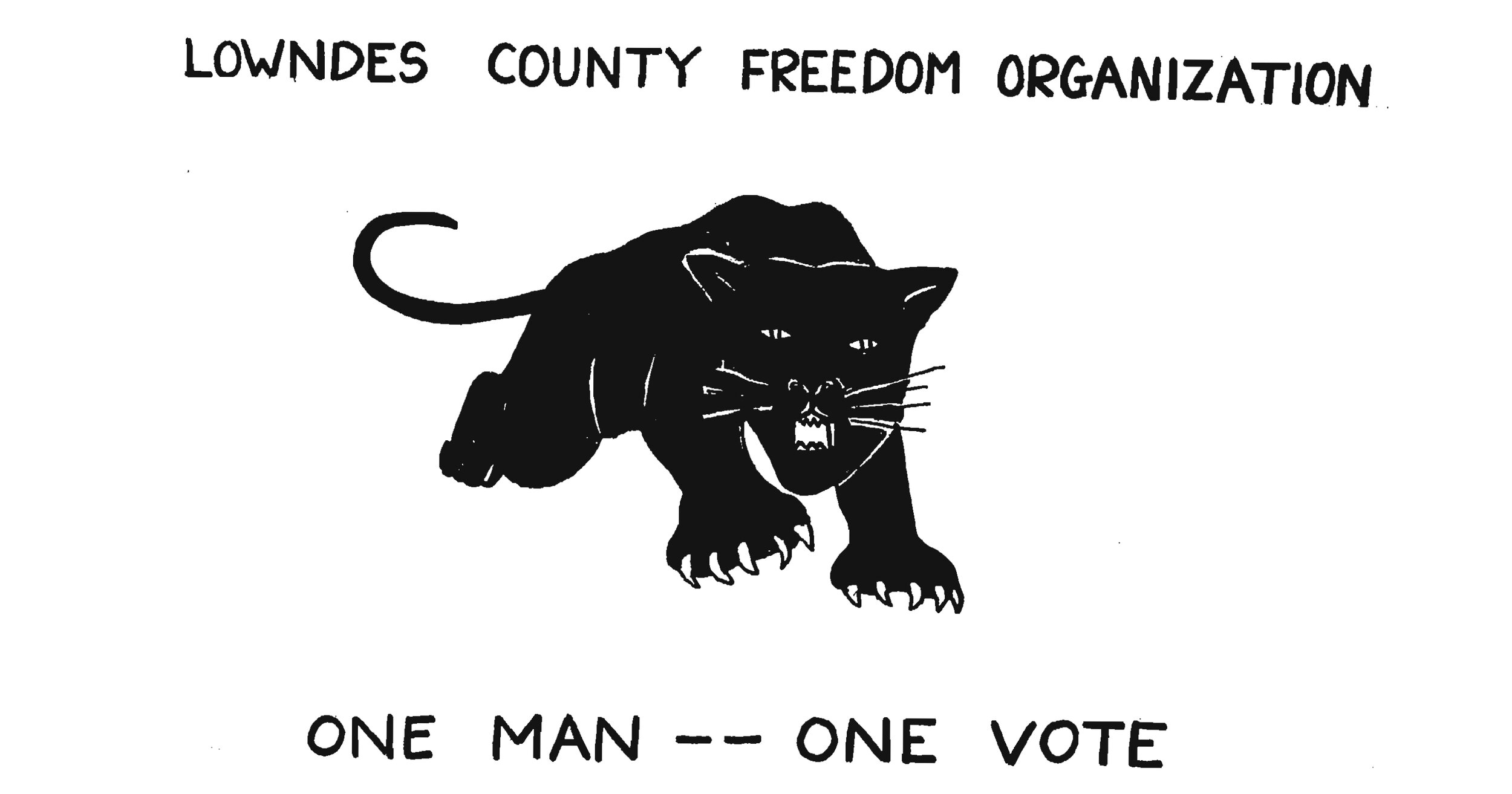
How the Black Panther Party Was Organized
Primary Document by John Hulett
Excerpts from a speech about how the Lowndes County Freedom Organization was organized and why they chose a black panther as their symbol. The speech was given in Los Angeles on May 22, 1966 at a meeting sponsored by a group of anti-Vietnam War committees.
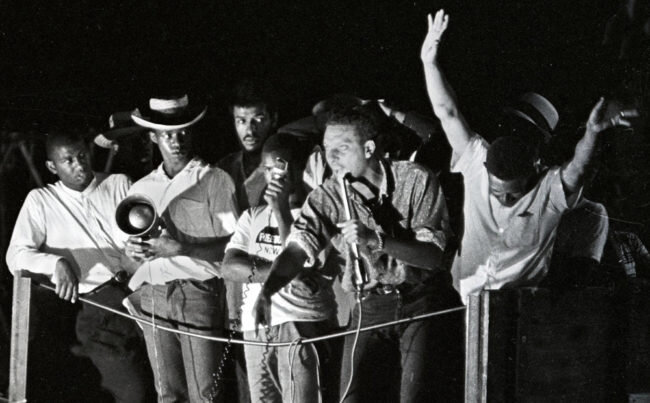
What Happened to the Civil Rights Movement After 1965? Don’t Ask Your Textbook
Reading by Adam Sanchez
Too often, students are taught that the Civil Rights Movement ended in 1965 with passage of the Voting Rights Act. It didn’t. Adam Sanchez argues that it is essential to teach the long, grassroots history of the Civil Rights Movement in order to help students think about today’s movements for racial justice.
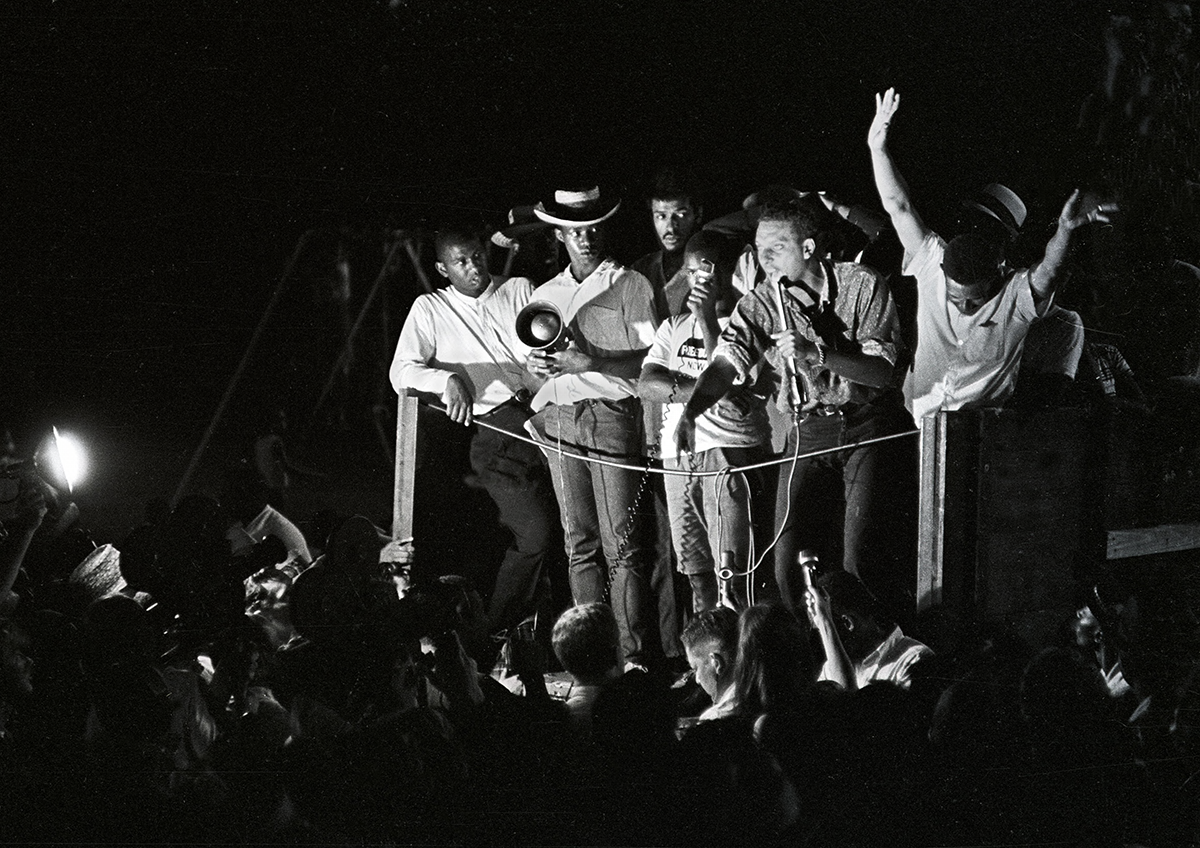
What We Want
Primary Document By Kwame Ture (Stokely Carmichael)
Separatism−the determination of a particular group of people to resist assimilating to the majority culture−has a long history in the United States. This excerpt from the “What We Want” speech offers a rationale for the notion of an independent Black community.
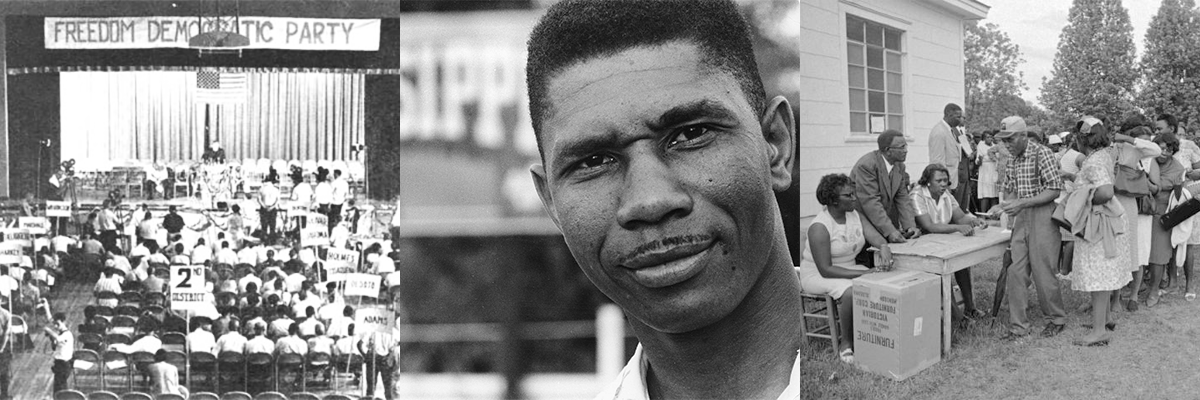
A Documents-Based Lesson on the Voting Rights Act
Lesson by Emilye Crosby
This lesson uses a case study of Lowndes County, Alabama and three SNCC-related documents from the early 1960s—just before and after the Voting Rights Act—to explore the impact of the Voting Rights Act (and 1964 Civil Rights Act) on every day southern Black citizens: What did the legislation mean to them? Did they achieve their goals?

A Brief History of Black Cooperatives in the United States
Interview of Dr. Jessica Gordon Nembhard By Mira Luna
For as long as there have been Africans in America, there have been examples of Black social, cultural and economic solidarity. Often formed in response to systemic exclusion and economic stagnation, examples range from mutual aid networks, to freedom farms and grocery cooperatives.

American Exported Black Nationalism
Reading by Yohuru R. Williams
This essay explores how SNCC and the Black Panther Party contributed to the concept of a worldwide freedom struggle in the late 1960s and how their efforts were received abroad.
